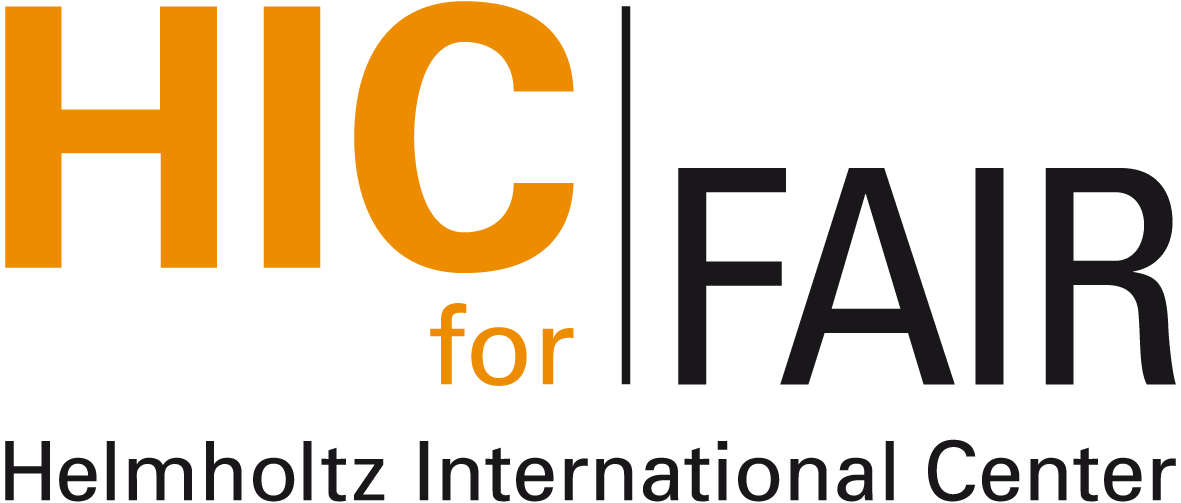 Nuclear Physics Colloquium
Nuclear Physics Colloquium Nuclear Physics Colloquium
Nuclear Physics ColloquiumVenue: Physics
Building, Max-von-Laue-Str. 1, Seminar Room PHYS 2.116
Time: Thursday, July 19, 4:30pm (s.t.)
Contact: hees@th.physik.uni-frankfurt.de
Neutron star mergers provide a great opportunity to gather multi-messenger observational information about nuclear matter at high density and/or temperature. Numerical simulations of mergers are an essential tool for exploiting this opportunity. To do such simulations we need to know what physics to include. For example, does viscosity or thermal conductivity play an important role?
In this talk I will use rough back-of-envelope estimates to answer this question. The conclusion is that the impact of transport is sensitive to the type of matter occurring in the merger (whether it traps neutrinos, allows direct Urca processes, etc). This opens up the possibility that observations of mergers could provide information about dense matter that goes beyond the equation of state, maybe even telling us about the presence of exotic phases.